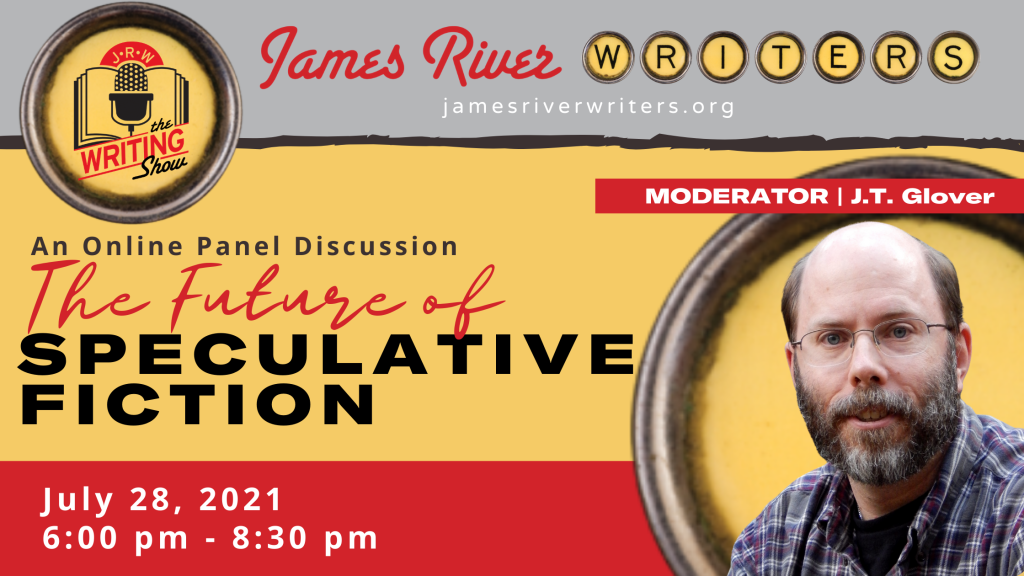The 2017 live-action adaptation of Ghost in the Shell is best understood more by what it lacks than by what it offers. A pleasure to watch, it is so much in love with its own visuals that it often forgets to have characters, motivation for those characters, or indeed a point. The first time I saw it, I thought it was a pleasing diversion and not much else, the very definition of an unnecessary remake. Seeing it again last night, I was struck by how badly it suffers from adaptationitis, trying to bring the source material to a new medium in overly faithful fashion.
The first half of the film involves people running around, jumping off of buildings, jacking into networks, battling modified yakuza, and other things that add up to an nth-generation loss version of Blade Runner and the like. While influences on the film and its source manga were many and literary, all of it’s by this point been strained through hundreds, if not thousands, of transmedia sieves. The result is a beautiful, shallow melange of forty years of cyberpunk. Ghost in the Shell (1995) did it first, better, and without the weight of a quarter-century of descendants.
The story actually begins shortly after the nightclub shootout, quite a distance into the film. Motoko and Batou have both lost things they wish to recover (or at least notionally recover from the loss of), and they have actual reasons to do things. Scarlett Johansson, who has up to that point ably pretended to be a robot pretending to be a person, seems to breathe anew and actually inhabit the role. Her character has a genuine conflict, not mere annoyances or programming errors.
All the scene-setting and worldbuilding that belabor this film could and should have been wrapped into the story as it developed after the first act. While this film wants you to believe that it begins almost in medias res, barring a brief origin story opening, it does not. The res comes long after, and all of the skyscraper-sized holograms in the world cannot make something out of nothing.
A pleasure to watch, Ghost in the Shell (2017) could have been genuinely good instead of merely profitable, in ways that are trivially easy to identify. Motoko’s quiet interactions with her mother, Aramaki’s final scene with and execution of Cutter, Motoko & Hideo’s multiple charged interactions: all are effective. These are not original comments, but seeing these things on screen, still shining years after the hype, make me wish there had been more of them, incorporated into a coherent work.


















